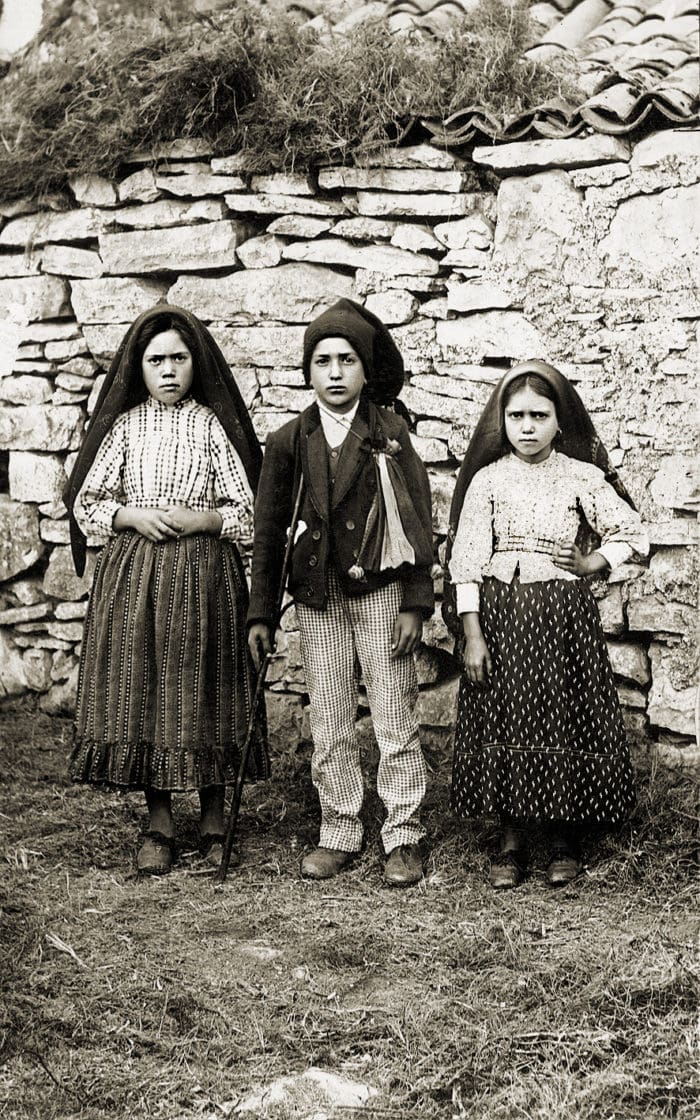 Silence is not an idea; it is the path that enables human beings to go to God. God is silence, and this divine silence dwells within a human being. By living with the silent God, and in Him, we ourselves become silent. Nothing will more readily make us discover God than this silence inscribed at the heart of our being. I am not afraid to state that to be a child of God is to be a child of silence.
Silence is not an idea; it is the path that enables human beings to go to God. God is silence, and this divine silence dwells within a human being. By living with the silent God, and in Him, we ourselves become silent. Nothing will more readily make us discover God than this silence inscribed at the heart of our being. I am not afraid to state that to be a child of God is to be a child of silence.
Silence is the place where we can encounter God, because we come to Him with the proper attitude of a human being who trembles and stands at a distance while hoping confidently.
Silence is a cardinal law of all liturgical celebration.
Silence is an attitude of the soul. It is not a pause between two rituals; it is itself fully a ritual.
Silence is the cloth from which our liturgies ought to be cut out. Nothing in them should interrupt the silent atmosphere that is their natural climate.
Silence is a sonic iconostas. Silence is a form of mystagogy; it enables us to enter into the mystery without deflowering it. In the liturgy, the language of the mysteries is silent. Silence does not conceal; it reveals in depth.
Silence is a privileged means of promoting the participation of the people of God in the liturgy. The Council Fathers intended to show what true liturgical participation is: entrance into the divine mystery.
Silence is the good of the faithful, and the clerics must not deprive them of it!
Silence is a radical and essential disposition; it is a conversion of heart. Now, to be converted, etymologically, is to turn back, to turn toward God. There is no true silence in the liturgy if we are not—with all our heart—turned toward the Lord. We must be converted, turn back to the Lord, in order to look at Him, contemplate His face, and fall at His feet to adore Him.
Excerpts taken from Cardinal Sarah’s interview with the French journal La Nef, published in English in The Catholic World Report (October 3, 2016), in anticipation of his forthcoming book, The Power of Silence: Against the Dictatorship of Noise, available from Ignatius Press.


